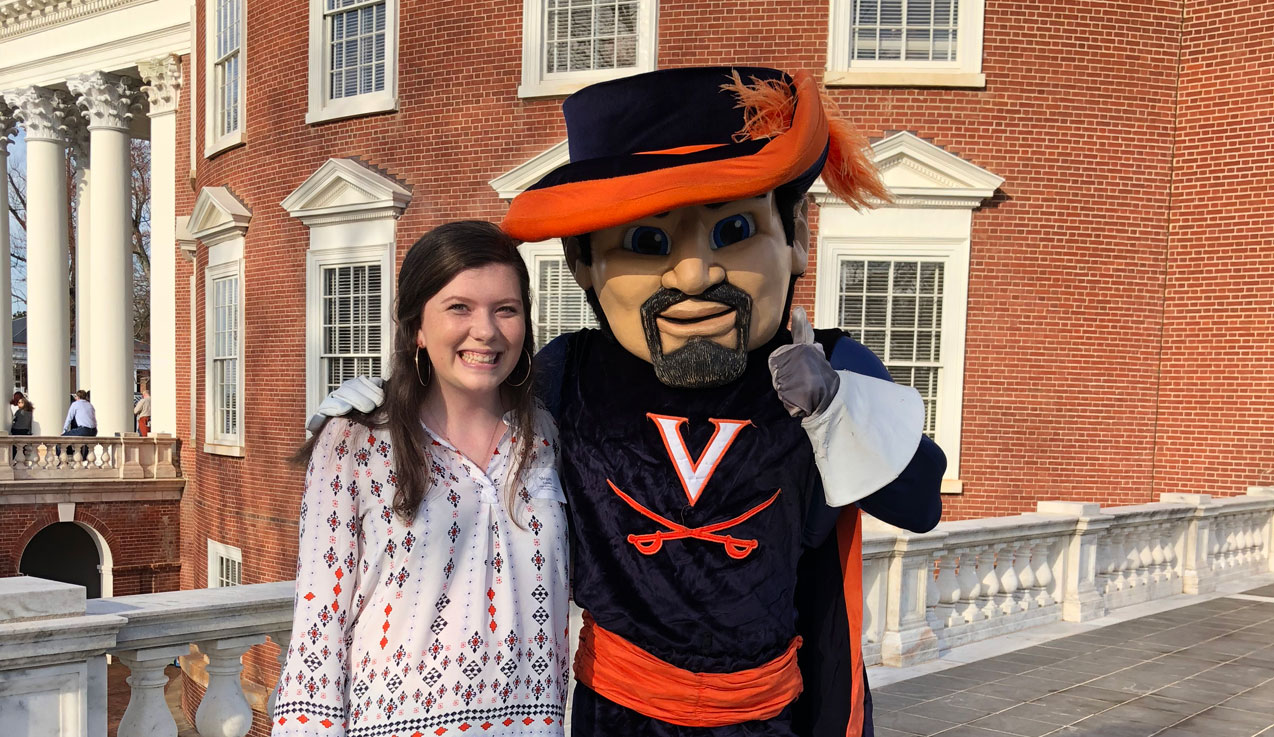It's been a roller coaster of a year in college admissions. It all started with a Justice Department investigation on affirmative action and it's ending with greater uncertainty surrounding the many strategies colleges use to increase their applicant pool and maximize their enrollment initiatives.
From my private college counseling business to the thousands of families I hear from on a daily basis, I see common themes that work and don't work when a student applies to selective colleges. Here are the five biggest trends for 2018:
1. Beware of expensive summer programs.
Colleges are rarely impressed by these programs, even the ones held on their own campuses. The students who pursue their own summer experience unencumbered by cookie-cutter expectations see better results. This can be any type of committed pursuit related to or unrelated to their choice of major. It's all about self-directed, self-actualized, and self-motivated summer experiences that carry more weight. In other words, a college would rather a see a student get their own job scooping ice cream or spend their summer creating a portfolio of their own research/work, rather than some fancy internship at their parent's office.
2. Senior year grades and curriculum matter more than anyone wants to admit.
If your all A record moves to a mix of A's and B's senior year, that could be a reason for a college to defer, waitlist, or deny. If you choose to replace core subject matters with elective classes, you may not get admitted to your top choice. Think carefully about your classes going into senior year. Make sure it is a challenging schedule that enables you to excel.
3. BOLD and PROFOUND college essays work.
These meaningful essays endear you to admissions officers who are faced with a sea of safe, predictable essays. Enthrall them with a story that only you can share about yourself.
"One of the best ways to make yourself stand out from the crowd is by penning a BOLD and PROFOUND #college essay." TWEET THIS
4. Applying to Early Action programs is a smart move, but don't assume you are a shoe-in for admission.
Make sure you visit the college in advance of applying in case demonstrated interest is considered in admissions. So many high achieving students received disappointing outcomes this year from Early Action colleges where they assumed they would be admitted. Regardless of whether a college uses demonstrated interest, visiting will help the student write BOLD and PROFOUND essays on the college's supplement.
5. Test scores matter.
Don't count on that lower band of test scores that the college publishes on their website to show that students with lower scores still get admitted. Lower test scores are usually from students whom the college desperately wants for institutional reasons (students who are blue chip athletes; students from underrepresented backgrounds and states; or students from wealthy and well-connected families). And if a student plans on not submitting their scores to a test optional college, their transcript needs to be stellar to have the best shot of admission.
Underclassmen can learn so much from the graduating seniors who experienced great triumphs and challenges this year. Don't be fooled by a college's marketing materials or encouraging message. They want applications, but you need acceptances. Plan now for the college process. Adjust your plan as challenges arise. Be open to colleges that want you instead of the colleges that only want your application.








.jpg)



